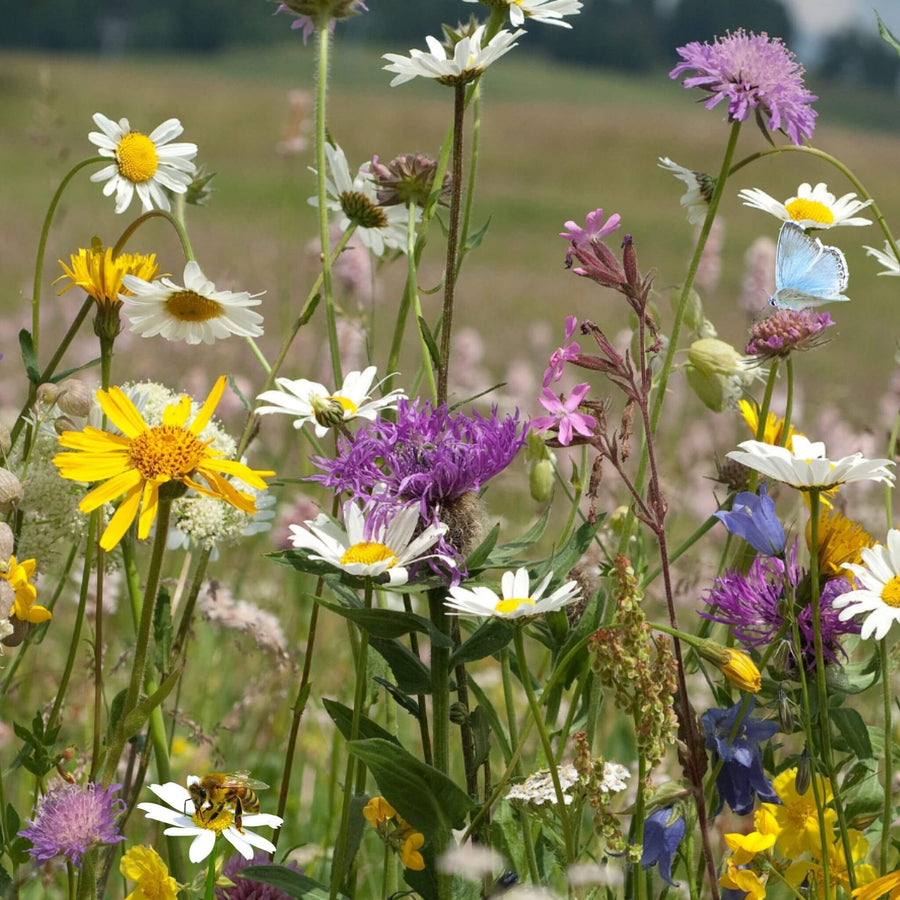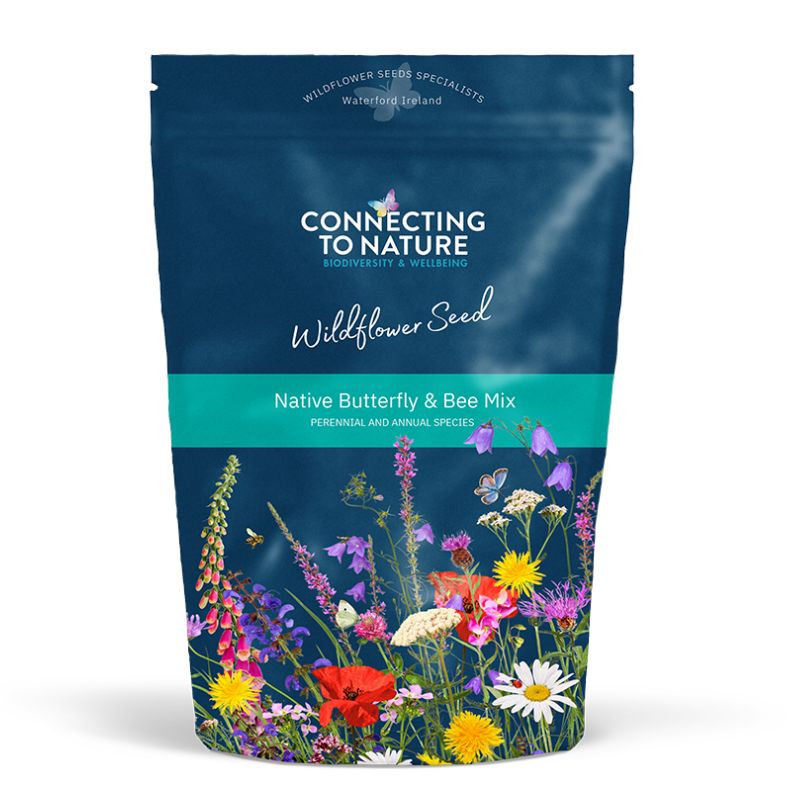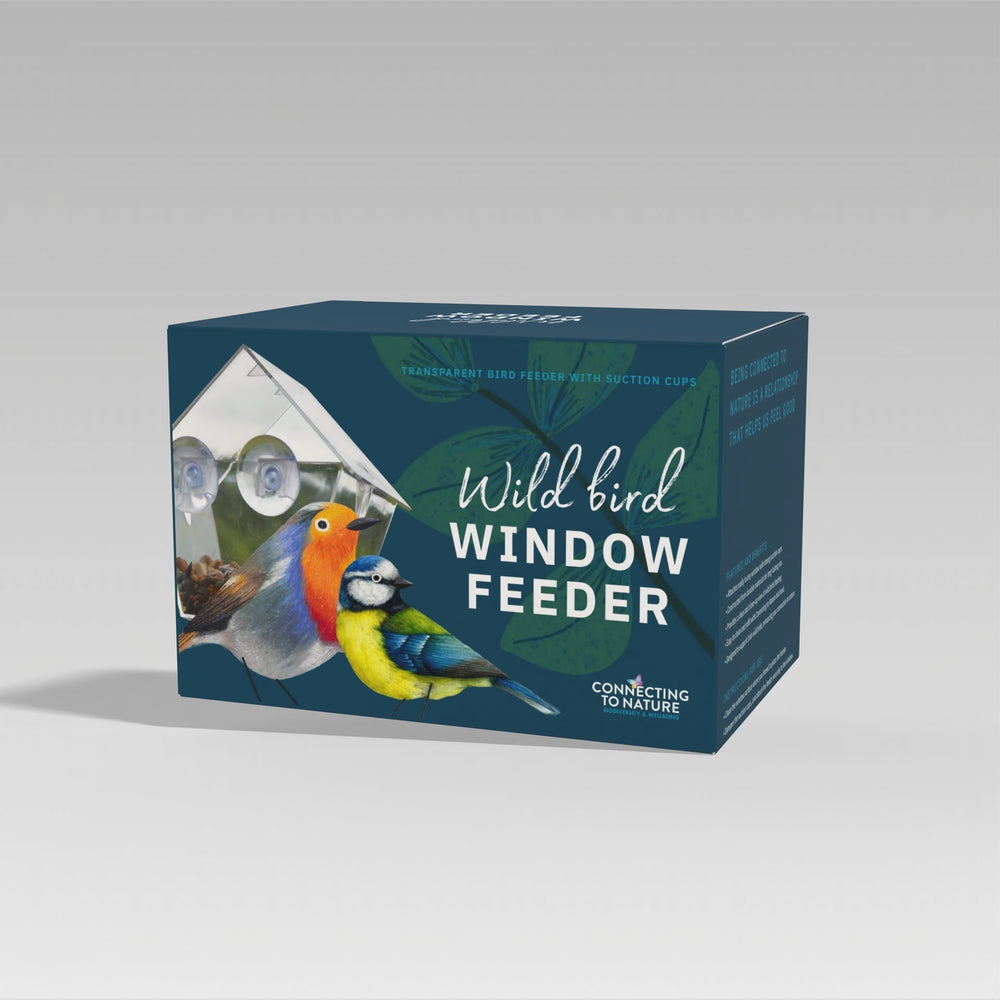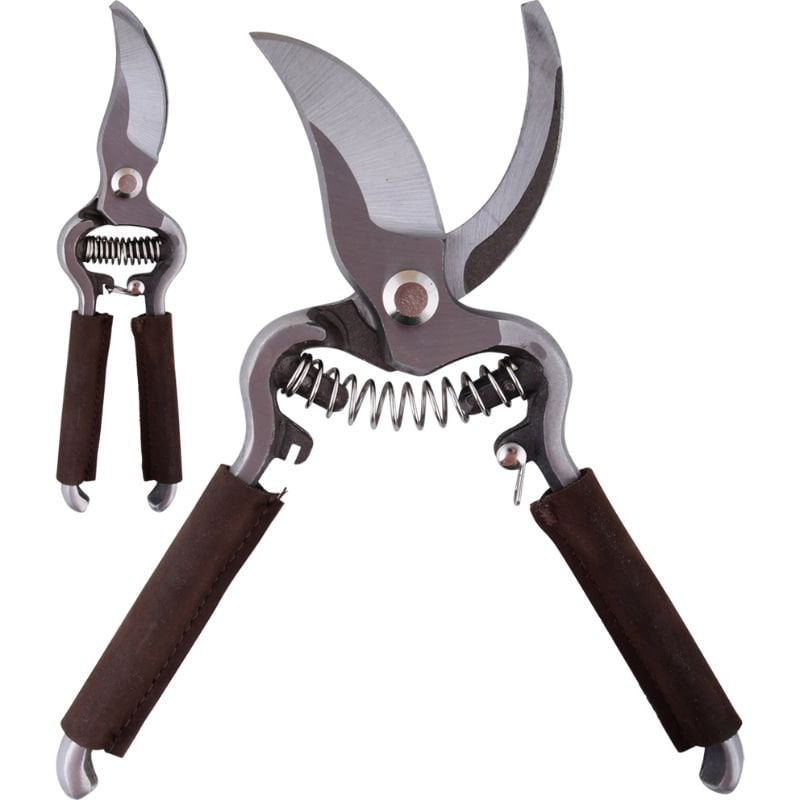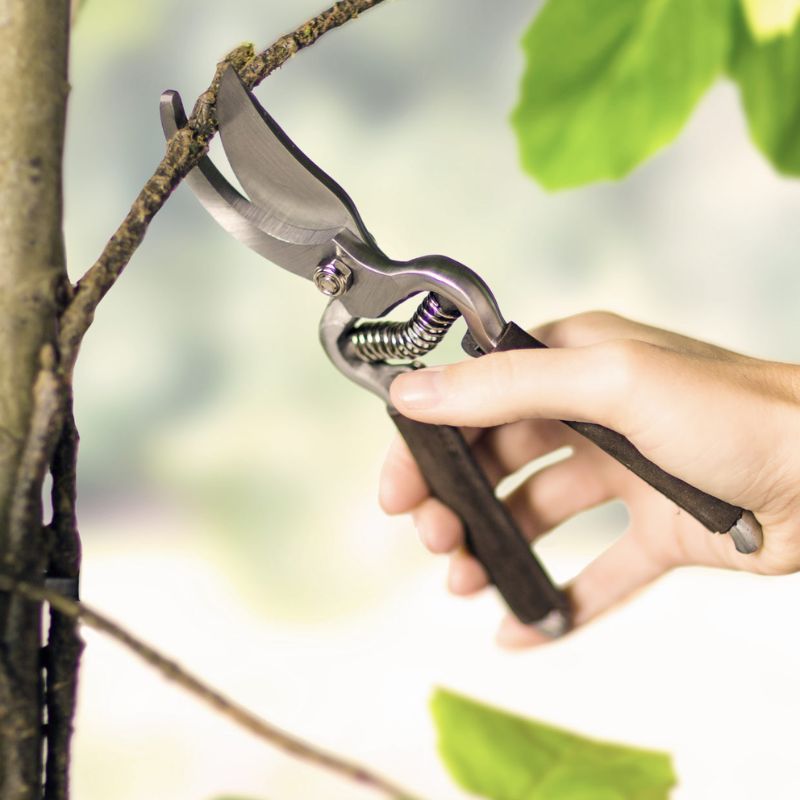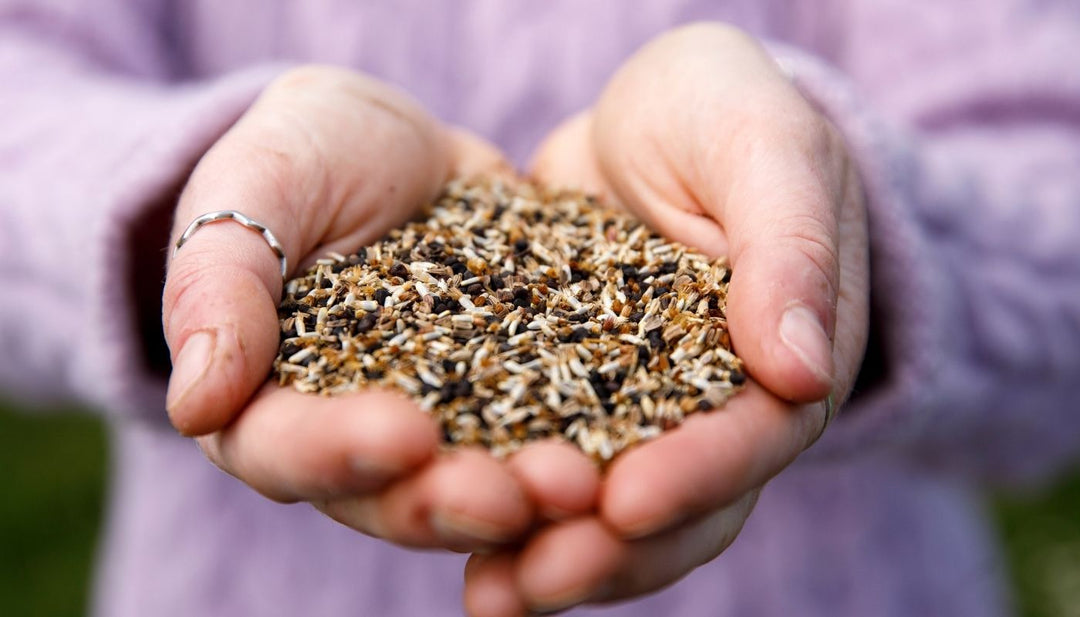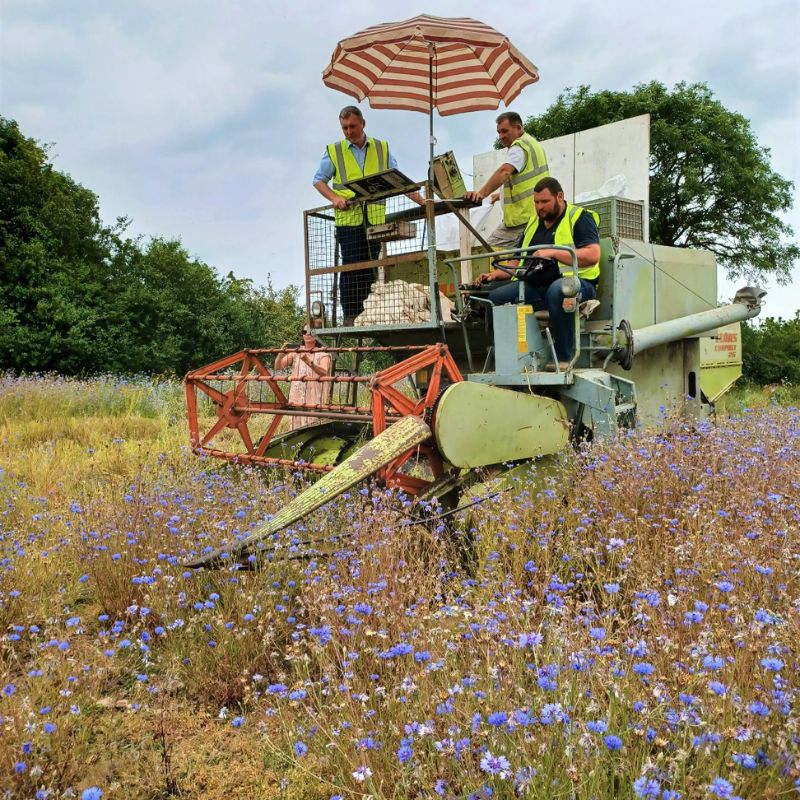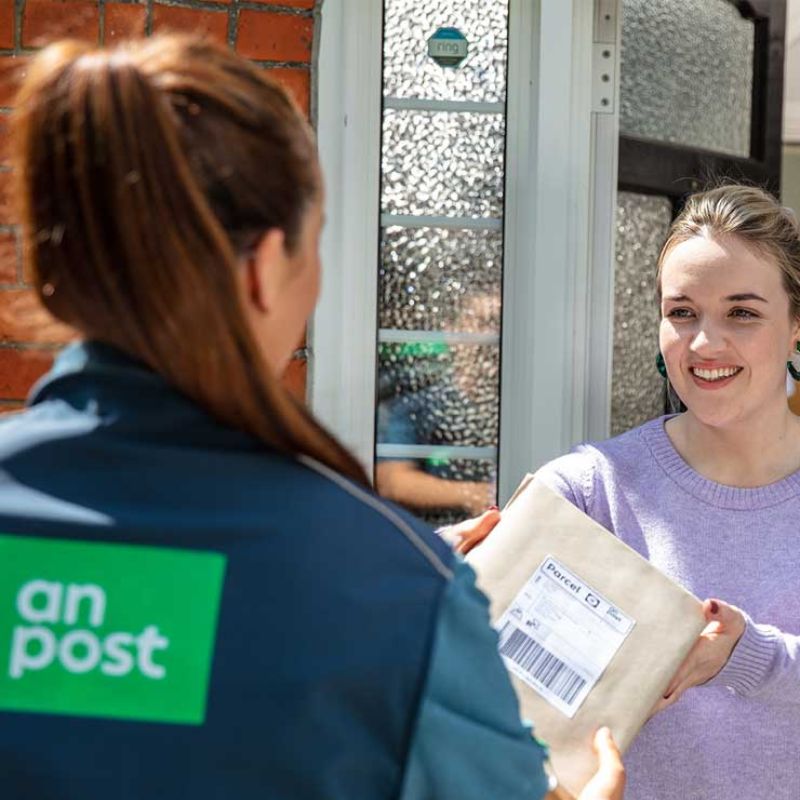Feeding Wild Birds in the Autumn
With days starting to shorten and the end of summer in sight, now is the time to start feeding our feathered friends again.
With an abundance of food sources available for wild birds over the summer, many people choose not to feed them. However, to have a healthy population of wild birds visiting our gardens over the winter, we must start offering a reliable food source earlier than most people realise.
It is a common belief that winter is the only time we need to feed wild birds. However, it is actually more important to feed them consistently through the autumn and then into the colder months of winter. Erratic weather is part and parcel of autumn in Ireland, and we can often go from warm and bright days in early autumn to wet, stormy and colder weather very quickly. Early frosts can result in food shortages as frozen soils prevent wild birds from accessing worms and other soil organisms. This unpredictable weather inhibits opportunities for wild birds to build up fat reserves before the winter, so we must give them a helping hand.
Boosting the local population of wild birds
As the seasons change, migratory and non-migratory birds are now searching out potential spots to access a reliable food source.
While the migratory garden birds prepare to embark on the long trip back to their winter grounds, your bird feeders will provide a welcome respite from the arduous and time-consuming job of hunting for food in the wild. Providing the right foods this time of year will encourage migrant birds such as Sand Martins, House Martins, Willow Warblers and Cuckoos to stop over at your garden, even for a day or two. Filling your bird feeders with a high-fat mixture of seeds and fat balls will allow them to build up a fat reserve to fuel them before they continue on their long journey back.
The non-migratory birds such as Robins, Blackbirds, Blue Tits and Wagtails are residents in Ireland and do not venture far from their territory. While food sources are abundant in hedgerows and harvested fields during the summer months, this food source rapidly declines this time of the year. As autumn progresses, these birds will be searching for new feeding grounds within their territory.
If you start feeding now, your garden will become established as a feeding point for the colder months of winter. Not only will you be helping wild birds to build up energy reserves, but you will also be making your garden a prime location for visiting once the winter sets in. Once garden birds know of a reliable food source, they will continue to visit and stock up on it.
What to do in the autumn
When feeding garden birds in the autumn, you can do a few things to enhance their health and improve their chances of surviving the colder months.
- Thoroughly clean and sterilise your bird feeders before placing them back in the garden.
- Place multiple wild bird feeders around the garden and space them out. Different feeders will attract different birds. Many small garden birds prefer hanging feeders where they can access food without threat from predators. Birds such as the Robin prefer an open flat feeder like a bird table. Blackbirds and Thrushes prefer to source their food closer to the ground and will visit a bird table placed on the ground.
- If Squirrels and larger birds are an issue in your area, then offer the seeds from a squirrel-proof cage feeder and fat balls from a squirrel proof fat ball feeder. You will also help prevent large birds like crows or pigeons from taking all the feed too.
- Replenish seeds and fat balls often to ensure a regular and balanced food supply. Once they identify your garden as a food source, they will prioritise it over other locations.
- Space the bird feeders out around the garden to prevent crowding. Some garden birds will dominate a feeding station and will chase away other wild birds. If all the feeders are in one place, some birds may not get the opportunity to use them.
What to feed the wild birds this autumn
In the autumn, the best foods for wild birds are high energy feeds such as peanuts, sunflower seeds, grains, and suet products such as fat balls helping to build up fat reserves.
Our High Energy No Mess wild bird seed mix and the All-Seasons Garden Mix contain all of these essential ingredients. They can be placed on a bird table or used to fill bird feeders and provide all the nutrition that birds need during the build-up to the winter season.
We recommend starting with the All-Seasons Garden Mix in early Autumn, and then moving onto the High Energy No Mess wild bird seed mix by the end of Autumn as we approach winter.
Our Robin Mix and Songbird Mix contains mealworms, a high protein food that insect-eating wild birds absolutely love! This mix also includes peanuts, wheat flakes and suet covered oats, making up a healthy and balanced diet for your feathered friends, and will be sure to make your garden bird's heart sing!
Fat Balls, also known as suet balls, are an essential feed for garden birds as the weather gets colder. Crumble the fat balls onto a bird table or place them inside a Fat Ball Jail to allow for easy and clean access to them.


